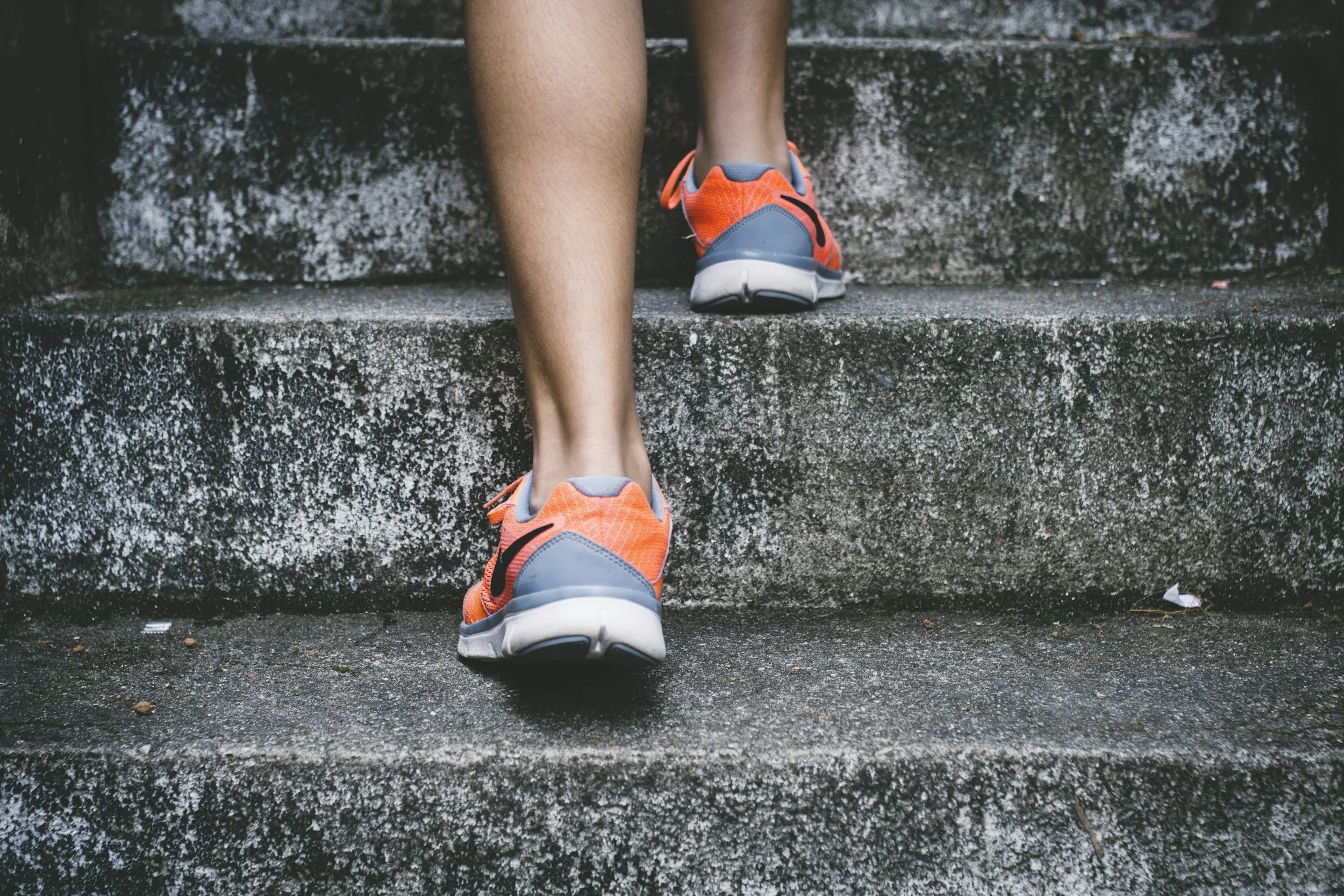Virgo Season and the Healing Power of Routine
Reiki, Energy Work, & Coaching
Summer’s ending. The epic heat and humidity is finally broken, giving way to crisp, cool air. Vegetables are full and ripe, ready for gathering. Even amongst heavy hearts, back to school energy hums: sharpened pencils, carefully chosen outfits, the rhythm of a new schedule.
This is Virgo season (August 22-September 22, 2025). Corresponding in the northern hemisphere with the harvest, Virgo is represented in the symbolic language of astrology by a maiden carrying wheat. Virgo governs the microscopic and the meticulous, the art of separating the wheat from the chaff. Virgo rules our daily life, routines, and finding magic in the mundane.
The archetype of Virgo is also associated with health and healing: the body, mind-body connection, health care, herbalism, yoga–even acupuncture. In short, more than any other astrological sign, Virgo speaks to the practice of holistic health. And hey, Virgo season is MIHS co-owner Said Isayed’s birthday! Like Said, Virgo embodies a hard-working, practical, purposeful, and detail-oriented spirit of service.
Routine and Health
The thematic connection between daily routines and holistic health represented by Virgo is no coincidence. As we prepare for the darkening days of fall, this liminal season offers opportunity to reflect on and refine our routines, so they may better serve the wellbeing of ourselves and others.
What does routine have to do with health?
Routine is the foundation of preventative health.
Our society rewards (and often coerces) overwork and exhaustion, ignoring the cues and wisdom of the body. It is far too easy for our routines to diverge from the fundamentals that help our bodies thrive. For example, a strategic plan for 2020 released by the American Heart Association suggested that only 5% of the U.S. population practices health habits that support ideal cardiovascular health. As MIHS co-owner Larissa Vados PhD, LAc noted in a previous blog article, “much can be said about our society and lifestyle, often prioritizing work over rest and self care.” There is no doubt that this phenomenon is systemic, not a matter of personal failings. Many risk factors for chronic disease are social and environmental, bound up in systems of oppression and economic exploitation.
And also, reflecting on our routines creates possibilities for greater agency and deepened self-determination. Daily habits are where we can exercise some control amidst all that is beyond our control. Routines are pathways to improved whole-person health, and a more holistic way of life.
In the modern terminology of integrative health, “lifestyle medicine” refers to simple, powerful best practices for wellbeing that we integrate into our daily lives. Of course, in other systems of medicine like Traditional Chinese Medicine, lifestyle as fundamental to health is an understanding based on millenia-old wisdom. Incorporating the building blocks of movement, hydration, nutrition, and rest into our routines is what sets us up for disease prevention, longevity, and overall improved quality of life.
As we’ve shared previously, one the greatest benefits of frequent acupuncture treatments has everything to do with the connection between routine and prevention. Societal expectations and the current health care system tend to disincentivize regular preventive care, and as Larissa noted, this can “lead many in our society [to expect] a quick fix.” Traditional Chinese Medicine, acupuncture, bodywork, Reiki, and other holistic modalities are most effective when practiced on a routine basis, as part of a healthy lifestyle.
2. Routine helps us create big shifts…through small changes.
The science underpinning health coaching suggests that a slow and gradual approach to habit formation can result in meaningful, lasting behavior change over time. It’s the difference between getting swept up in a new health craze only to return to the status quo in a matter of weeks, vs. building truly sustainable habits. Harsh, unrealistic expectations of ourselves is not only an unkind approach–it’s also largely ineffective (see our How We Create Change blog for more).
When we start small with tweaks to our daily routines, and savor the little victories along the way, we allow our brains to pave new neural pathways that reinforce the belief that we are capable of growth and change. By building gradually upon these manageable successes we create a virtuous cycle, where change begets more change. We can accomplish more in the long run than we even imagined possible.
3. Routine conserves our most valuable resources: energy and attention.
Routine can support judicious use of mental energy. “Decision fatigue” is a phenomenon that describes the leeching of attention toward thousands of micro-decisions throughout the day. When our energy is focused on smaller-stakes decisions (“what to eat?” “what toothpaste to buy?” “what task to start with?”), we pilfer away valuable neurobiological resources needed to focus on the bigger picture. Whether at home, work, or other realms of life, when we create a routine and commit to it, we give ourselves the gift of fewer decisions to make on a daily basis. This can free up our brains and bodies for higher functioning, deeper relaxation, and greater resiliency.
As many have noted, our attention is the resource that underpins the digital economy. Billions of dollars are vested in capturing and shaping our attentional habits. Healthy routines can help us to take ownership of our attention. By examining what we pay attention to, we can develop mindfulness and discernment around where we want to intentionally direct our attention–and build our routines accordingly.
In a world on fire, our individual daily choices can feel like they don’t amount to much. We need look no further than our phones to witness daily evidence of gun violence, authoritarian terror tactics, climate catastrophe, genocide—unrelenting local and global horror. As we hold it all, it can feel small, inconsequential, and even self-centered to prioritize our own habits and routines.
And yet–if we want to show up the best we can to meet the moment, we must be mindful of how we use our energy. We can remember that the rich and powerful attempt to dominate our attention precisely because it is of immeasurable value. By creating routines that center care for our minds and bodies, we can access the resources needed to bring our fullest selves to be of highest service–for the health and wellbeing of ourselves, our loved ones, and our communities.
The power of routine is why we offer memberships at MIHS.
New this season, we are offering Student Memberships in time for fall semester. Infrared sauna, community acupuncture, and other studio services are an ideal support for the stresses of academic life. We include a free fire cupping session during finals week!
As always, we offer our Recharge Memberships to facilitate frequent acupuncture treatments and additional supportive services.
We also have a new Fall Sauna Membership this season. Our seasonal sauna memberships encourage regular enjoyment of the stress-relieving, rejuvenating benefits of the infrared sauna.
How will you harness the energy of the season to build routines that support your health, your life, your community?
To find out more about Minnesota Integrative Health Studio services, check out our website. You can book online here. Questions? Feel free to contact us, call (612.345.5648), at or stop by “the studio” on our corner of northeast Minneapolis.
Resources
Emma Vasseur “Virgo Season 2025: A Return to Wholeness”https://emmavasseur.substack.com/p/virgo-season-2025-a-return-to-wholeness?utm_campaign=email-half-post&r=3cnx6&utm_source=substack&utm_medium=email
Oster H, Chaves I. Effects of Healthy Lifestyles on Chronic Diseases: Diet, Sleep and Exercise. Nutrients. 2023 Oct 31;15(21):4627. doi: 10.3390/nu15214627. PMID: 37960280; PMCID: PMC10650398. https://pmc.ncbi.nlm.nih.gov/articles/PMC10650398
National Institutes of Health. Healthy habits can lengthen life. May 2018 https://www.nih.gov/news-events/nih-research-matters/healthy-habits-can-lengthen-life
Rippe JM. Lifestyle Medicine: The Health Promoting Power of Daily Habits and Practices. Am J Lifestyle Med. 2018 Jul 20;12(6):499-512. doi: 10.1177/1559827618785554. PMID: 30783405; PMCID: PMC6367881.https://pmc.ncbi.nlm.nih.gov/articles/PMC6367881/
Lloyd-Jones DM, Hong Y, Labarthe D, et al. Defining and setting national goals for cardiovascular health promotion and disease reduction: the American Heart Association’s strategic impact goal through 2020 and beyond. Circulation. 2010;121:586-613. https://www.ahajournals.org/doi/10.1161/CIRCULATIONAHA.109.192703
https://www.mnintegrative.com/blog/monthly-recharge-membership
Healthline. The science of habit. 2021. https://www.healthline.com/health/the-science-of-habit#13
Berkman ET. The Neuroscience of Goals and Behavior Change. Consult Psychol J. 2018 Mar;70(1):28-44. doi: 10.1037/cpb0000094. PMID: 29551879; PMCID: PMC5854216.https://pmc.ncbi.nlm.nih.gov/articles/PMC5854216/
Mendelsohn AI. Creatures of Habit: The Neuroscience of Habit and Purposeful Behavior. Biol Psychiatry. 2019 Jun 1;85(11):e49-e51. doi: 10.1016/j.biopsych.2019.03.978. PMID: 31122343; PMCID: PMC6701929.https://pmc.ncbi.nlm.nih.gov/articles/PMC6701929/
The Nation. Chris Hayes on the Fight for Our Attention. Feb 2025. https://www.thenation.com/article/politics/chris-hayes-the-fight-for-our-attention/
Marlyn Wei, MD, JD. How High Performers Overcome Decision Fatigue. April 2025. https://www.psychologytoday.com/us/blog/urban-survival/202503/maximizing-decisions-how-high-performers-overcome-decision-fatigue






